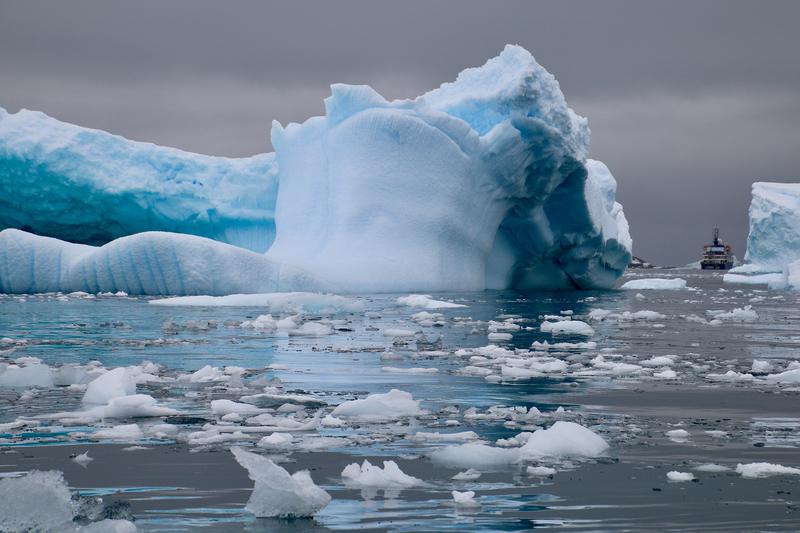Climate research universities unite for action
08 April 2020 | Story Supplied. Photo Sarah Nic, Pixabay. Read time 5 min.
The University of Cape Town (UCT) has joined the newly established International Universities Climate Alliance (‘Climate Alliance’), which aims to help communicate research insights on the most effective means to meet the unprecedented global challenge of climate change.
UCT will be one of a global network of universities united by their dedication to producing critical climate research. The University of New South Wales (UNSW) Sydney is facilitating the establishment of the Climate Alliance in its first year and has invited more than 40 of the world’s leading climate research universities to join.
Alliance members will work together to identify the most effective ways to communicate research-based facts related to climate change to the public. Members will engage in work across climate change science, impact, mitigation strategies and adaptation.
“At this critical time for health and prosperity across the planet, we are learning how important it is that we work together on global knowledge.”
These members include a number of UCT’s existing collaborators in the field of climate change, notably the universities of Ghana and Nairobi which, together with UCT, form the African Research Universities Alliance Centre of Excellence on Climate and Development.
“At this critical time for health and prosperity across the planet, we are learning how important it is that we work together on global knowledge,” says UCT Vice-Chancellor, Mamokgethi Phakeng. “While we are all justifiably currently focused on the challenge to global health and stability posed by COVID-19, we cannot lose focus on the existential threat to the planet and our continent posed by climate change.
“We also believe that it is important that the Climate Alliance has strong representation from the global south, and Africa in particular, since it is these regions that are most vulnerable to the challenges presented by climate change, and need to have a strong voice in finding and recommending solutions.
“We are honoured to be part of this important global network and believe it will enable UCT to increase the impact of the critical work we do.”
The Climate Alliance benefits from a multi-disciplinary research focus around the most important research themes to enable greater engagement with policymakers, educators and business leaders looking to apply the latest research findings to accelerate climate action.
UCT’s participation in the alliance will be led by the African Climate and Development Initiative (ACDI), one of the leading institutes in climate change on the continent and internationally. The ACDI brings together work in the field of climate and development across the university, including areas such as physical climate science, renewable energy, climate modelling, urban resilience, poverty and inequality, and economics.
UCT’s participation in the alliance will be led by the African Climate and Development Initiative, one of the leading institutes in climate change on the continent and internationally.
UNSW Sydney’s president and vice-chancellor, Professor Ian Jacobs, initiated the creation of the Climate Alliance because of the vital role universities play in advancing science and solutions in this field. “This new Alliance will be at the forefront of the international conversation around addressing climate change,” he says.
Notwithstanding current urgencies around the coronavirus pandemic, the members decided not to delay formation of the alliance due to the pressing and ongoing need to accelerate climate action.
Professor Matthew England, academic lead of the UNSW Climate Change Grand Challenge, hopes this alliance will encourage a new era in engagement between researchers and the public.
“Worldwide interest to act on climate change is strong but the pace of action has been far too slow. The alliance aims to accelerate the global response by being a leading voice for scientifically based mitigation and adaptation strategies.”
Read more about the Climate Alliance and view a list of members.
 This work is licensed under a Creative Commons Attribution-NoDerivatives 4.0 International License.
This work is licensed under a Creative Commons Attribution-NoDerivatives 4.0 International License.
Please view the republishing articles page for more information.










